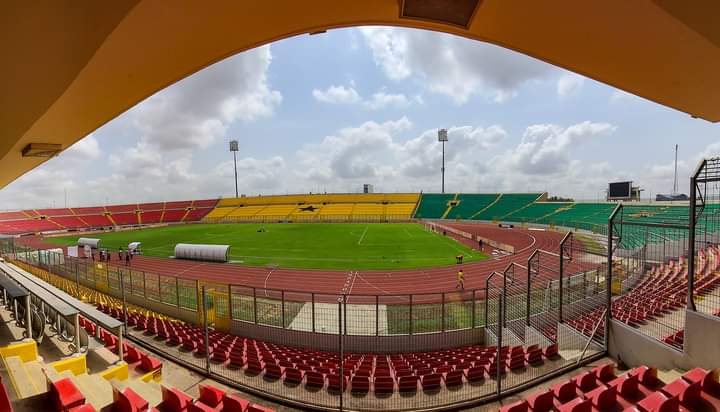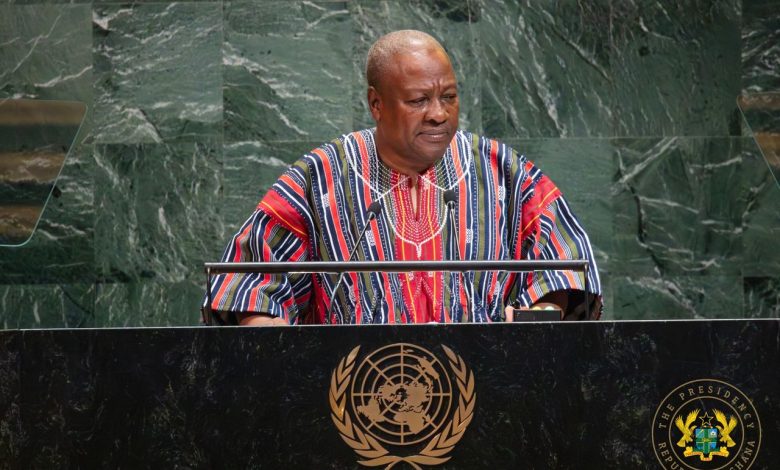
Yesterday, President John Dramani Mahama delivered a high-stakes address at the 80th United Nations General Assembly. His speech was ambitious, unapologetic, and filled with calls for structural change. Yet, it was also controversial. Several of his statements clashed with positions taken by powerful Western nations, particularly on climate change, migration, and reparations.
A Vision for Africa’s Place in Global Governance
In his address, Mahama outlined a vision of a new world order. He argued that Africa deserves influence equal to its population, resources, and moral claims. However, his proposals invite scrutiny. Are they realistic? Which ideas will meet strong resistance from nations reluctant to assume new obligations?
Resetting Global Systems
A central theme of Mahama’s speech was that global governance is outdated. He reminded delegates that when the UN was founded in 1945, only four African nations participated. He argued that systems for representation, veto power, and financial structures remain tied to that postwar context.
Mahama insisted that Africa’s demographic rise must translate into global influence. By 2050, Africa will represent over 25 percent of the world’s population. One in three young people worldwide will be African.
He also demanded reform of the UN Security Council. According to him, veto power should not remain absolute or restricted to five permanent members. He added that the General Assembly should have authority to challenge vetoes in exceptional cases.
Beyond political reform, Mahama called for a new global financial order. He argued that existing institutions disadvantage Africa. He urged the continent to demand a larger share of global resources, fairer lending terms, and representation that reflects its economic and demographic strength.
Climate and Migration: A Moral Argument
Mahama’s speech diverged sharply from U.S. and European perspectives on climate and migration. He linked both issues in ways that challenge Western policies.
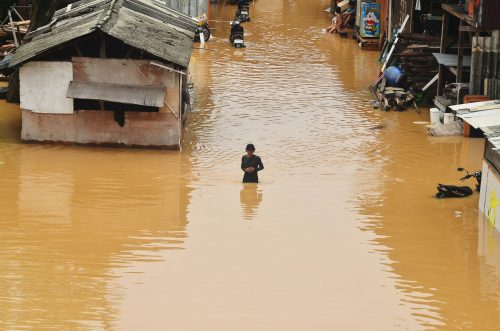
He noted that Western leaders often frame migration as a security issue. Yet, he argued, most migrants are forced to leave due to climate disasters, war, or poverty. He rejected the framing of migrants as criminals, stating: “these are often climate refugees.”
He also pointed out the imbalance in emissions. The Global North produces around 75 percent more greenhouse gases, while the Global South suffers the harshest consequences. Many nations in Africa lack the resources to adapt or recover.
Mahama urged the international community to confront this injustice directly. He called for the dismantling of euphemisms and the rejection of xenophobia and racism in migration policies.
Diplomatic Obstacles
These arguments, while morally compelling, are politically explosive. Western nations emphasize sovereignty and border control, often resisting obligations tied to migration. On climate, many agree to emission cuts but resist legally binding commitments for compensation. Mahama reframed migration not as charity but as justice—a move that challenges Western comfort zones.
Reparations: A Controversial Demand
Perhaps the most striking section of Mahama’s speech was his call for reparations. He described the slave trade as the greatest crime against humanity. He demanded reparations for the enslavement of Africans and the colonization that robbed the continent of resources and heritage. Ghana, he said, will push a resolution at the UN to address this.
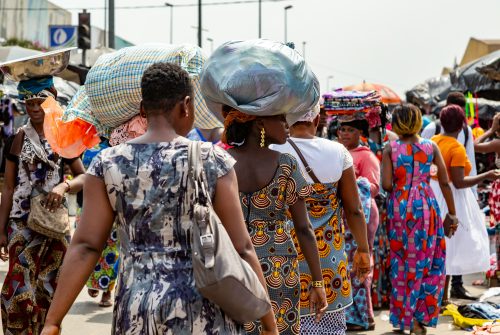
Mahama framed reparations not just as money, but as restitution. He called for the return of stolen artifacts and acknowledgment of historical wrongs.
This demand carries heavy symbolic weight, but it also sparks fierce debate. Many nations argue reparations are unworkable, raising questions of liability and precedent. Others contend that present governments cannot be held accountable for centuries-old actions. Yet, by placing the issue on the UN agenda, Mahama forced global leaders to reconsider history—not as a side note, but as a pressing demand.
Tensions and Global Reactions
Mahama’s speech presents challenges for Western leaders. President Mahama’s framing of migration as a climate burden unsettles national policies. His push for reparations confronts nations that hold African artifacts or benefited from colonial exploitation. His demand for structural reform threatens those who profit from current systems.
Yet, Mahama may see disruption as necessary. He is not speaking only to Western powers. His words were also aimed at African citizens and the wider Global South. Many in these regions yearn for leaders who demand dignity, sovereignty, and justice.
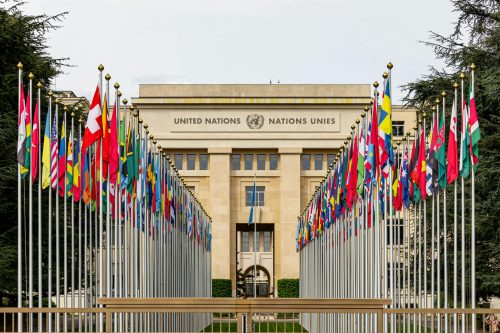
Conclusion: The Power of Moral Ground
Mahama’s UN speech will be remembered for its boldness and clarity. He put Africa’s grievances and aspirations at the center of global debate. His calls for UN reform, climate justice, fair migration policies, and reparations reflect deep African frustrations.
However, bold speeches and practical reforms are different things. Achieving results will require alliances, negotiation, and political courage from powerful nations. Will they accept responsibility? Or will they defend a system that favors them?
For Africa, the speech may hold lasting value regardless of immediate results. By forcing these issues into the global spotlight, Mahama strengthened Africa’s moral ground. His words may echo for years as one of the boldest attempts to recast Africa’s place in the world.




